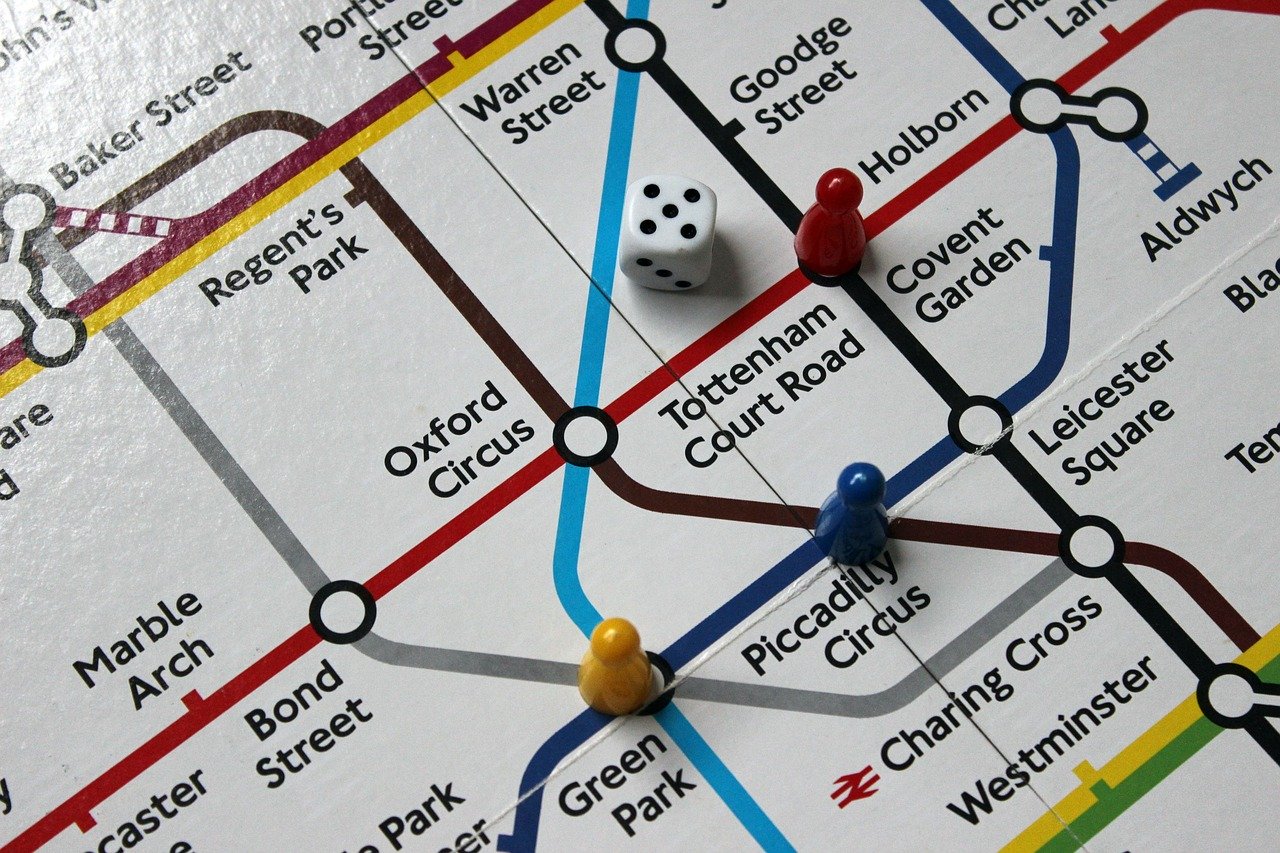Someone said to me today “change is much easier if someone else tells you what to do”. I’m not sure I wholly agree, but it gave me pause for thought and has got me thinking about change and what about it we find so darn tricky.
I have written before about transitions and I remain convinced that, while change is the situation, transition is how we respond to it. That being the case – then how might someone else taking control of the change make it easier to cope with, as my conversationalist suggested?
I suppose if the change is imposed, much like our current lockdown, then our disempowerment paradoxically frees us from any responsibility for the change, and we can choose instead to focus on our response, rather than the change itself. But recognising that choice – that we have one at all, and then what to do with it – is not necessarily straightforward.
Many of you will have seen the change curve model, based on the Kubler-Ross model of grief. Research-led organisational wellbeing consultancy Robertson Cooper have simplified the model into 4 phases:

Regular readers will know I am a fan of simple models – if it is simple it is easy to understand and make use of. That’s not to suggest there is not a whole raft of nuance and complexity in each individual’s experience (not least a less-than-linear progression) because, of course, there is. But I am sure we can each still recognise something of our own experience in this model.
How is it helpful? Well, I suppose it normalises our feelings, recognising that we will be experiencing different emotions and sensations. It can also identify movement between stages. The ability to move through the phases, to transition, is a function of many things, one of which is our own choice. I don’t have the definitive answers about how you each do that (after all, that would be removing your choice!), however recognising the stages and where you are at right now, is a start. You might find it helps if you then ask yourself any or all of these questions:
- What will help me feel ok with the phase I am at today?
- What is the first thing I can do to take a step toward the next phase, when I am ready?
- How might it feel to be in the next phase, and how does knowing that help me move forward?
- Who around me can support me, or who might need my support for their own transitions?
You might not think that phase 4 is very appealing right now, and let’s be honest the phrase “new normal” is a bit overused already. Phase 3 is a place of enquiry and curiosity and I personally intend to hang out there for some time yet!
Robertson Cooper have a whole host of useful resources on their website, particularly focused around each of the phases, and I would encourage you to have a nose around there.
Juliet Flynn, Organisational and People Development
 People, Culture and Inclusion
People, Culture and Inclusion Juliet Flynn
Juliet Flynn 579
579


